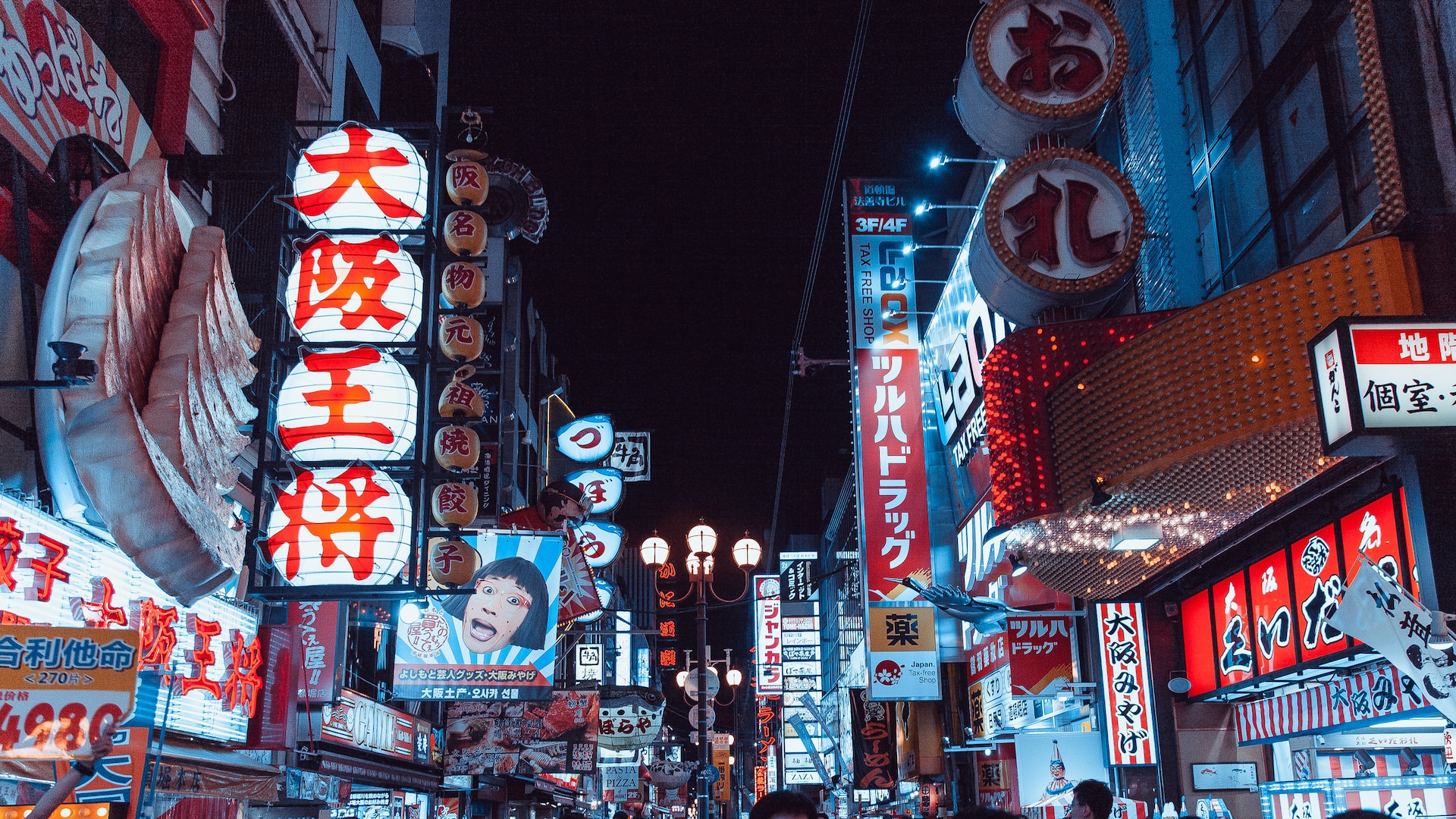Exploring Japan’s Latest Gamble: The Rise of Casino Resorts
Japan, a nation known for its rich cultural heritage, technological advancements, and vibrant entertainment industry, is making waves with its latest venture – the introduction of integrated casino resorts.
After years of debate and deliberation, the Japanese government passed a law in 2018, paving the way for the establishment of casino resorts in the country. This move has sparked both excitement and skepticism, as Japan takes a calculated gamble to capitalize on the potential economic benefits while mitigating potential social risks.
Economic Aspirations: Tourism, Growth, and Employment
Historically, gambling has been tightly regulated in Japan, with limited exceptions such as horse racing and certain types of lotteries. The legalization of casino resorts represents a significant departure from this conservative stance. The government’s motivation for this shift lies in the potential to boost tourism, stimulate economic growth, and create new employment opportunities.
One of the main drivers behind Japan’s foray into casino resorts is its ambition to attract international visitors, particularly from the lucrative Asian market. With its strategic location, world-class infrastructure, and rich cultural attractions, Japan has the potential to become a premier destination for global travelers seeking a unique blend of traditional charm and modern entertainment. By integrating casinos into larger resort complexes, Japan aims to offer a diverse range of entertainment options, including shopping, dining, cultural experiences, and high-quality accommodation, all under one roof.
The government’s decision to legalize casino resorts has attracted major international players in the gaming and hospitality industry, eager to invest in Japan’s untapped market. Some of the world’s leading casino operators, including Las Vegas Sands, MGM Resorts, and Melco Resorts, have expressed keen interest in developing integrated resorts in the country. These companies bring their extensive experience and expertise in operating world-class casino resorts, ensuring high standards of service and entertainment.
Online casinos are not included in the legality of casinos at this moment, according to onlinecasinojapan.com, and the government has acknowledged that there is a possibility of implementing some actions in the future regarding online casinos that are legally in a gray area.
Japanese Identity Infused: Design and Experience
The envisioned casino resorts in Japan are expected to be unlike any other in the world, seamlessly blending traditional Japanese aesthetics and hospitality with cutting-edge technology and gaming facilities. The design and architecture of these resorts will reflect Japan’s cultural heritage, incorporating elements such as gardens, hot springs, and traditional craftsmanship.
The anticipated economic benefits of casino resorts are significant. Projections suggest that once fully operational, these integrated resorts could generate billions of dollars in annual revenue, contributing to Japan’s GDP growth. Moreover, the establishment of such resorts is expected to create hundreds of thousands of job opportunities across various sectors, from construction and hospitality to entertainment and tourism. Local businesses, such as restaurants, retailers, and transportation services, are also likely to thrive as a result of increased tourist inflow.
Addressing Concerns: Social Impact and Addiction
While the potential gains are enticing, it is crucial to address the concerns surrounding the legalization of casino resorts. Critics worry about the potential rise in gambling addiction and its associated social problems. In response to these concerns, the Japanese government has enacted strict regulations to combat gambling addiction, such as limiting the number of visits allowed for locals and imposing entry fees. Furthermore, a portion of the tax revenue generated from casino operations will be allocated to initiatives that address gambling addiction and provide support to affected individuals and their families.
Another area of concern revolves around the integrity and transparency of casino operations. To ensure fairness and prevent illegal activities, the Japanese government plans to establish a robust regulatory framework and implement stringent oversight measures. This includes comprehensive background checks on casino operators, monitoring systems to detect money laundering, and the establishment of an independent gaming commission responsible for licensing and regulation.
Japan’s venture into casino resorts represents a bold step towards diversifying its tourism and entertainment offerings. By combining the country’s unique cultural heritage with world-class gaming and hospitality experiences, Japan aims to position itself as a premier global destination. While the potential risks cannot be ignored, the government’s efforts to address these concerns through stringent regulations and social support initiatives demonstrate a commitment to responsible gambling practices.
As the first casino resorts begin to take shape in Japan, the world eagerly awaits the unfolding of this grand experiment. Only time will tell whether this calculated gamble pays off, but one thing is certain: Japan’s rise as a casino resort destination will undoubtedly reshape the tourism and entertainment landscape in the region for years to come.

